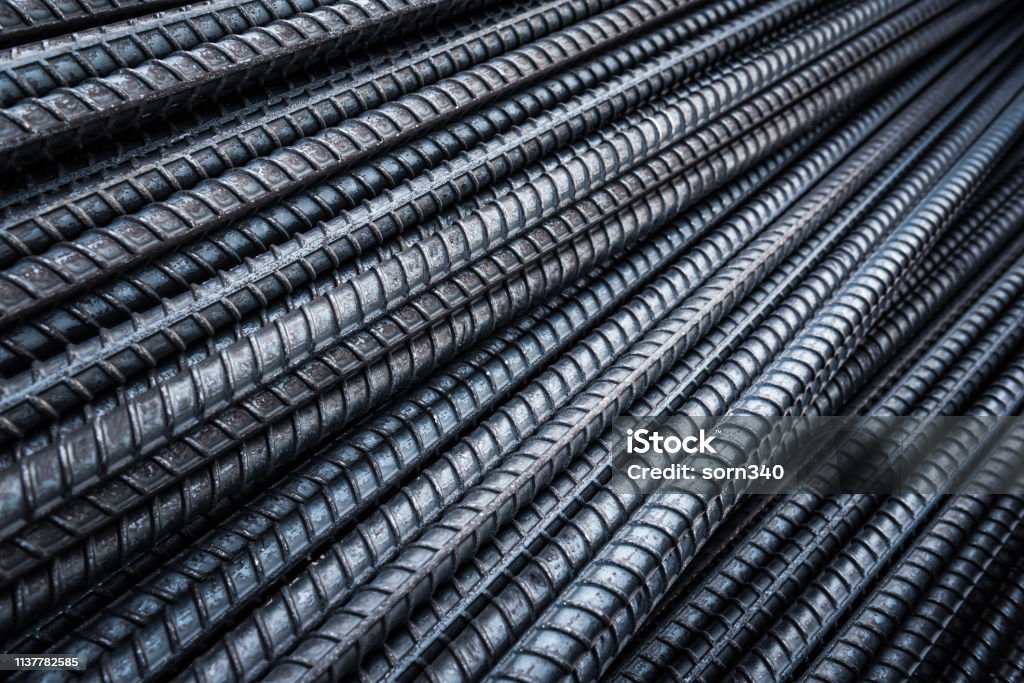
Steel rebars for reinforcement concrete
By David Akinmola
Prices of steel rods, a key material in Nigeria’s construction industry, have surged by as much as 210 per cent over the past two years, deepening concerns about escalating building costs and the slowdown in real estate development across the country.
A market survey conducted in Lagos, Abuja and Port Harcourt showed that the price of 12mm steel rods—one of the most commonly used sizes in building construction—has jumped from about ₦320,000 per tonne in 2023 to between ₦950,000 and ₦1 million per tonne in October 2025. Similarly, 16mm and 20mm rods now sell for between ₦1.1 million and ₦1.25 million per tonne, compared to about ₦400,000 two years ago.
Dealers and industry experts attribute the sharp increase to multiple factors, including high energy costs, foreign exchange volatility, rising import duties on raw materials, and poor local steel production capacity.
According to the Iron Rod and Steel Dealers Association of Nigeria (IRSDA), most local steel manufacturers depend heavily on imported scrap metals, billets, and machinery components, all of which have become significantly more expensive due to the weakening naira and foreign exchange scarcity.
“Most of the inputs are dollar-denominated, and with the naira losing value every few months, production costs have skyrocketed,” said Mr. Sunday Onuoha, a Lagos-based steel dealer. “Manufacturers are struggling to maintain operations, so the cost is passed down to builders and contractors.”
The price surge has dealt a major blow to the housing and infrastructure sectors, with developers warning that construction costs have become unsustainable.“A project that required ₦100 million to complete two years ago now needs over ₦200 million because steel alone has doubled or tripled in price,” said Mrs. Bisi Adebayo, a property developer in Abuja.
Analysts warn that the trend could worsen Nigeria’s housing deficit—estimated at over 28 million units—as rising material costs push homeownership further out of reach for many citizens.
They called on the Federal Government to revive the Ajaokuta Steel Complex and incentivise private investment in local steel production to stabilise prices and reduce dependence on imports.






